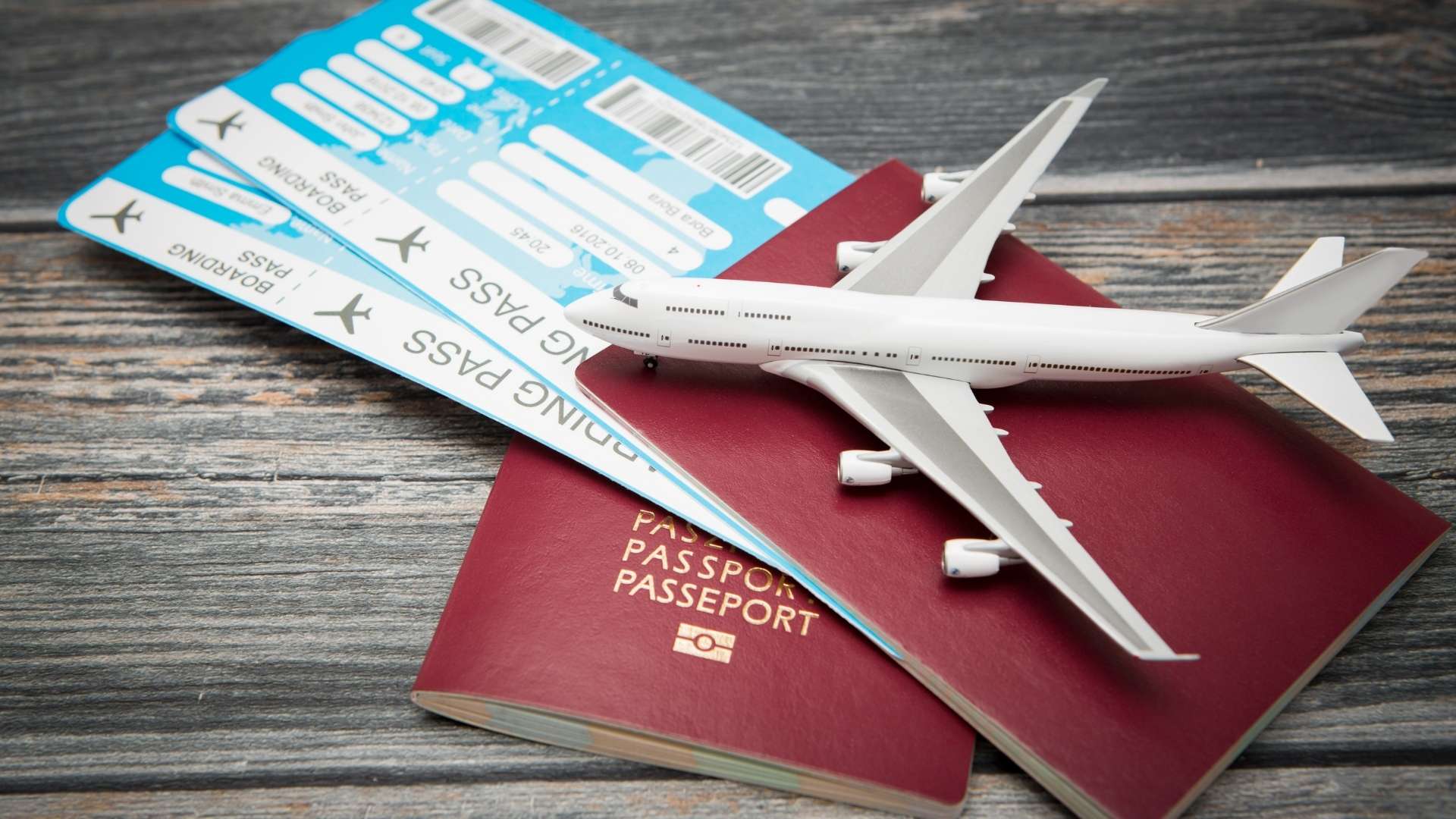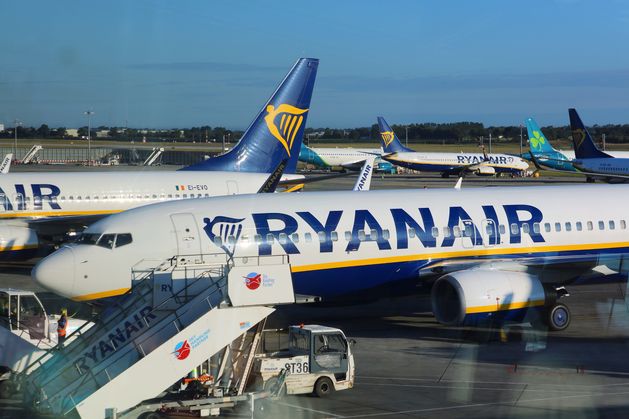#airline-policy
#airline-policy
[ follow ]
#passenger-rights #ryanair #throwaway-ticketing #airfare-pricing #air-travel #passenger-behavior #travel
Public health
fromwww.standard.co.uk
1 month agoFormer BBC correspondent turned away from Turkish Airlines flight to London because of Parkinson's
Turkish Airlines prevented Mark Mardell from boarding a London-bound flight due to his Parkinson's, leaving him stranded and humiliated in Istanbul airport.
fromwww.theguardian.com
4 months agoCalls for change after Qantas refuses to fly British woman with mobility scooter due to its battery
At the heart of Darongkamas's dispute with Qantas is whether her scooter is a mobility aid, as she argues, or a personal electronic device, as the airline insisted during a six-month long complaints process. Qantas says it aims to be the airline of choice for customers with specific needs, but Darongkamas says Qantas is the only carrier that hasn't let her fly with her Topmate ES33 scooter and its 281Wh lithium battery.
Travel
fromTravel + Leisure
4 months agoYes, Airlines Can Legally Bump You From a Flight-Here's What to Do and How Much Money They Owe You If It Happens
While it may sound surprising, it's completely legal for airlines to overbook flights, and, according to Jesse Neugarten, founder of Dollar Flight Club, they do so "all the time." He continues, telling Travel + Leisure, "Airlines are legally allowed to sell more tickets than there are seats on a plane because they know some people won't show up." Think of it as a numbers game based on historical data. "Most of the time, it works out, but every now and then, too many people show up, and someone has to get bumped."
Travel
fromwww.theguardian.com
4 months agoWelcome on board this aircraft. Please return your seat to the upright position for ever | Arwa Mahdawi
Down with reclining seats in airplanes! Or, more to the point, up with them. Please sit up straight and pay attention while I make this very serious in-flight announcement: the airline industry should prevent all seats in basic economy from reclining until the general public has shown they know how to use them responsibly. And by use them responsibly I mean: don't recline. Or, if you must, do so courteously and not for the entire flight.
Travel
[ Load more ]




:max_bytes(150000):strip_icc()/TAL-police-in-airport-NOFLY4SNACKS0425-d93c12838c6647009d5a5fb68484183d.jpg)